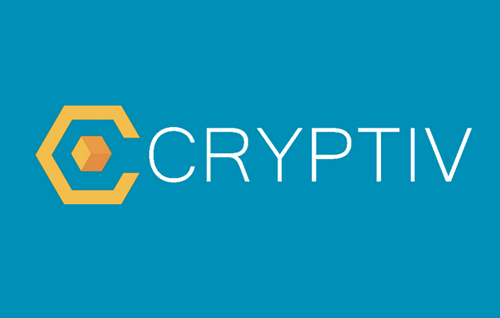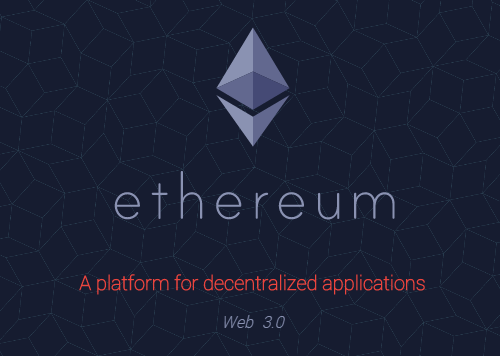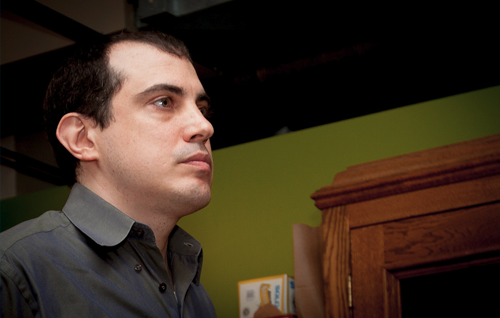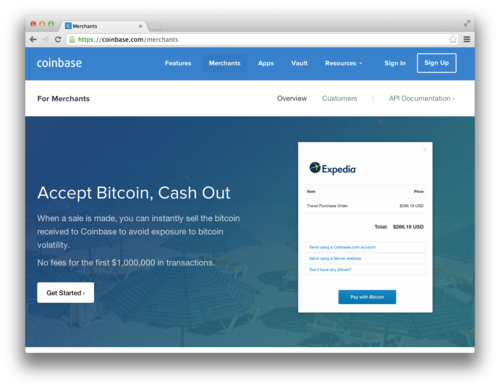In 2010, Michael Perklin was a digital forensic investigator who focused his efforts on computer security and security theory. He first came across the term “Bitcoin” on a security mailing list. It was being touted as a “totally secure digital money system.”
“I scoffed at it,” says Perklin. As a graduate of Sheridan College with a Bachelor’s Degree in Information Sciences (BaISc) and a Masters degree in Information Assurance (MSIA), he and his classmates had toyed around with notions of digital currencies and decide that they weren’t feasible because a central ledger was always required.
“So I set out to prove how stupid it [the Bitcoin protocol] was.” At that point, bitcoins were selling for around $1.00. He spent the next few months reading everything he could about Bitcoin, and trying to find ways of discrediting it, drawing on his background in classical security. Over the course of that one long winter, he exhausted as many strategies – covering all seven classes of attacks – as he could.
Perklin’s conclusion: “I went from thinking it was the stupidest thing I’d ever heard to thinking it was the most brilliant thing I’d ever heard.” In the meantime, the price of one bitcoin had gone up to $4.00.
As Bitcoin research started to consume all his off-hours after work, he began reaching out to the local bitcoin community and attended an early Toronto Bitcoin meet-up with his friend and colleague, Josh McDougall. Their first meet-up featured Peter Todd as a guest speaker who spoke about off-chain transactions: Perklin and McDougall peppered him with questions, challenging his points throughout the presentation. At the end of the session, meet-up organizer Anthony Di Iorio approached Perklin with a proposition.
“Anthony thought I made some good points and got the impression I knew what I was talking about. He told me about the new Bitcoin Alliance of Canada that was in the works — maybe I should run for a board member position.” Eventually, in June of 2013, Perklin was indeed elected as one of seven inaugural Alliance board members.
By that point, Perklin had begun to combine his two specialized areas of interest — Bitcoin and cybersecurity — and started up Bitcoinsultants in 2012. The company draws on the talents of a pool of professionals, including developers, cryptographers, source-code auditors, and penetration testers who are well-acquainted with the nuances of cryptocurrencies and their cybersecurity needs.
The company offers tech advice and consultation for companies who want their developers to integrate Bitcoin into their current ways of doing business. “People who know Bitcoin don’t always know classical security,” says Perklin. They may know that they want to integrate Bitcoin into their general payment processes, but they might not have considered storage options once they’ve collected the payments, for example. Bitcoinsultants can help companies create all the necessary related policies and procedures surrounding these integration issues.
They also offer investigative services, law enforcement support, and government/regulatory advice. Perklin himself is a popular and well-respected speaker on all things Bitcoin. He has spoken at conferences and information seminars, educating “anybody who needs to understand what [Bitcoin] is and how it works.” In October of 2014, he was one of three representatives who spoke before the Canadian Senate on behalf of the cryptocurrency community in Canada.
What began with Perklin approaching various exchanges and offering his services, has now grown to a business with a sterling reputation. It works with a number of gambling websites, but also counts CaVirtex and Ethereum among its most prestigious clients. Bitcoinsultants has operated out of the Decentral co-work space in Toronto since it opened in January 2014.









 Made in Canada
Made in Canada